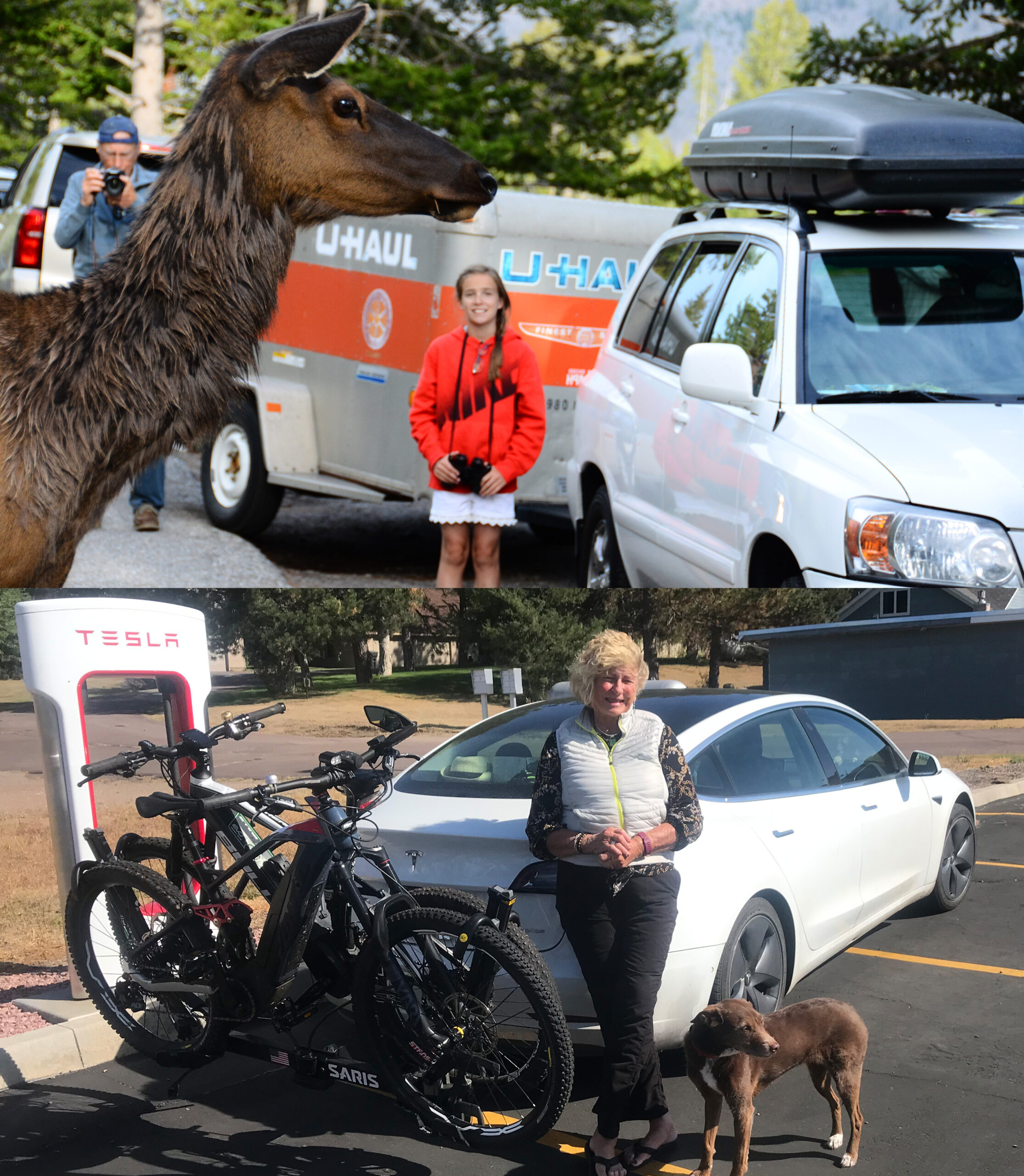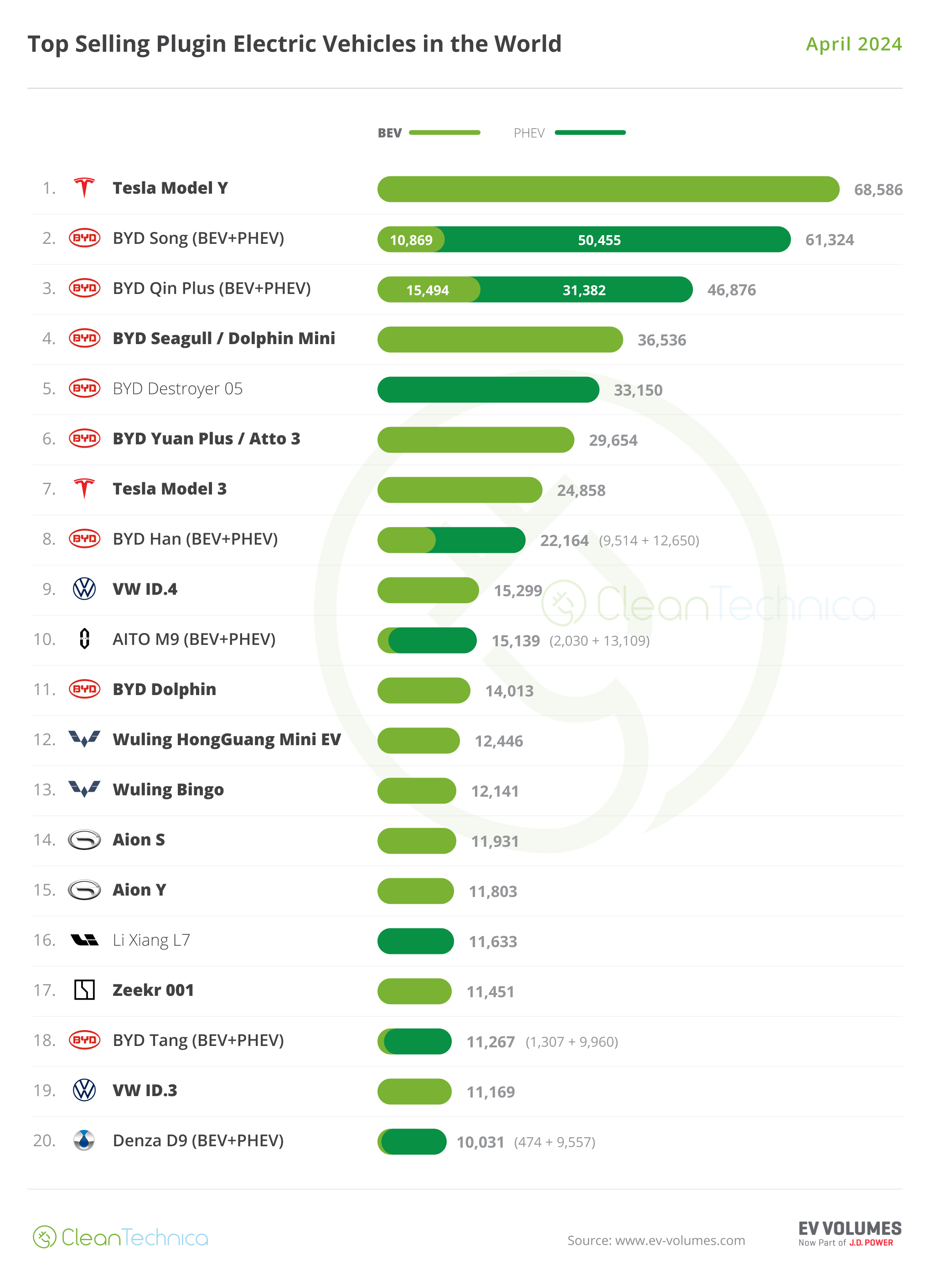Sign up for daily news updates from CleanTechnica on email. Or follow us on Google News!
The Covid-19 pandemic has produced residual mental health effects: people experienced a high level of isolation and anxiety, which continues to deteriorate their overall sense of well-being. Powerlessness has become a common experience in everyday life, and in reaction to an unpredictable future, people are embracing nostalgia. Whether it is positive memories, a longing for the past, or a repudiation of a negative present, nostalgia soothes corresponding psychological and behavioral responses. Nostalgia can fulfill needs related to belongingness that may be threatened.
Volkswagen recognizes the power of drawing on nostalgia, as its latest marketing campaign celebrates the company’s iconic Beetle and Microbus models from the 1960s. Of course, there is a significant difference in the reissue of these vehicles: now they’ll be electric.
Nostalgia in marketing is a technique to evoke memories or heritage in consumers. Indeed, advertising, consumption, and product choice operate through feelings of social connectedness — feeling loved, supported, protected, and trusting others. Against concerns over whether contemporary technology affects social functioning, research is coalescing on nostalgia’s key role as a social emotion in self-regulation. Nostalgia enhances consumers’ sense of pleasantness, self-continuity, attitudes, and behavioral intentions.
Only a fraction of our readers remember the antics of Volkswagen Beetle drivers — stuffing as many people as possible into a Bug, driving around in a Barbie Doll version, conquering Antarctica. (I owned a Beetle with a semi-automatic transmission — while it wasn’t of very high quality, that Bug taught me the basics of driving a standard transmission.)
“The people’s car” signified individuality, which was a key component of the Beetle’s success. In the US, it quickly became a symbol of both counterculture and unity. Volkswagen is counting on nostalgia consumption to act as a motivator, a coping strategy to help propel their US electric vehicles to new sales levels.
So part of VW’s corporate US plan is to reignite its familiarity through nostalgia in its new electric models. The Microbus, the ID.Buzz, and the Scout brand will be part of VW’s line of electric pickups and sport utility vehicles, and the company is in the process of infusing its iconic allure and invoking popular models from its prime. By decoupling from unpleasant current political and economic times and offering an evocative contrast between the past and the present, Volkswagen hopes to capture an intensified, widespread yearning for its electric vehicle line.
“This market is turning electric, and everybody’s starting from scratch,” Arno Antlitz, the chief financial officer of Volkswagen, said in an interview with the New York Times. “This is our unique opportunity to grow.”
 Chip in a few dollars a month to help support independent cleantech coverage that helps to accelerate the cleantech revolution!
Chip in a few dollars a month to help support independent cleantech coverage that helps to accelerate the cleantech revolution!
The Interconnections between Nostalgia & Automaker Marketing
As societal pressures rise, people need nostalgia for fleeting pleasure, and many corporations have turned to nostalgia as a marketing technique, particularly for millennials and their sizable market. Nostalgic ad appeals emphasize the attractiveness of and yearning for the past in a bittersweet way. These pitches are often based on one of four themes:
- self-restoration
- continuity
- social relationships
- culture.
These themes use ads to tap into emotional flow, gender identity, purchase and consumption situation, perceived interactivity, and culture type. Top execs at Volkswagen are keenly aware that electric cars are causing turbulence in the US auto industry, and they want to extract from that upheaval through nostalgia to challenge dominant US automakers. They’re counting on the way that nostalgia can elicit pleasant experiences and cultivate meaning in consumers’ lives, which, in turn, leads to increased US customer loyalty.
The US market is important to Volkswagen, which is the second highest automaker in the world, bowing only to Toyota. Volkswagen holds a 26% share of the European market and 15% in China.
The breakout for top US auto sales differs by engine type. For all engine types, the top 5 automotive sales go to:
- General Motors
- Toyota
- Ford Motor
- Hyundai
- Stellantis.
For fully electric cars, the top-selling models are:
- Tesla (by a lot)
- Hyundai
- General Motors
- Ford
- Volkswagen.
Volkswagen owns Audi, Porsche, Bentley, and Lamborghini, and the company has set a goal to double its US market share by the end of the decade. Last year Reinhard Fischer, senior vice president and head of strategy at Volkswagen Group of America, explained at the Reuters Events Automotive USA 2023 conference that the company is “not scaling back” plans for EVs in the US market, unlike many other automakers. Being more firmly grounded in the continent is “a strategic necessity” to meet company goals, Scott Keogh, the chief executive of Volkswagen’s Scout Motors division, confirmed.
Volkswagen plans to import the ID.7, an electric sedan, and the ID.Buzz. With an upcoming $5 billion battery factory in Ontario and factories in Chattanooga, Tennessee and Puebla, Mexico, 80% of the Volkswagen cars sold in North America will be made in North America — and that means qualifying for federal tax credits of up to $7,500 per car. Fischer disclosed that Volkswagen plans to build an electric car that will have a starting price under $35,000. With requirements for the IRA rebate met, it would have a net cost to buyers of just $27,500 or less.
Rumors abound that the new Volkswagen EV will be reminiscent of the Beetle, last sold in the US in 2019.
The Scandal that Led to VW’s Electrification Capacity
The company is posed to embrace the electric vehicle market as an ironic result of its Dieselgate Scandal. In the early 2000s, Volkswagen attempted to sell cars with “clean diesel” engines in the US. By 2015 US regulators discovered that Volkswagen had manipulated emissions testing data with software. The Dieselgate Settlement included establishing Electrify America — VW had to spend $10 billion on EV charging. So, it created a subsidiary to handle that and create a charging network out of all these stations.
With these early investments in electric vehicle technology, Volkswagen learned to embrace battery electric vehicles. Today Volkswagen’s various electric brands together outsell Tesla in Europe, according to Schmidt Automotive Research.
Battery electric vehicles were also the spark that helped Hyundai Motor and its cousin Kia to overtake Stellantis as the 4th largest carmaker by sales in the United States last year. The quest to transition to battery electric powertrains is fraught with obstacles for some automakers, as GM and Ford are investing heavily in electric vehicles, albeit on a longer trajectory than originally announced. Meanwhile, Toyota’s foray into the US EV market is scheduled to being in 2025 with a large electric SUV to be manufactured in Kentucky.
Have a tip for CleanTechnica? Want to advertise? Want to suggest a guest for our CleanTech Talk podcast? Contact us here.
Latest CleanTechnica TV Video
CleanTechnica uses affiliate links. See our policy here.




